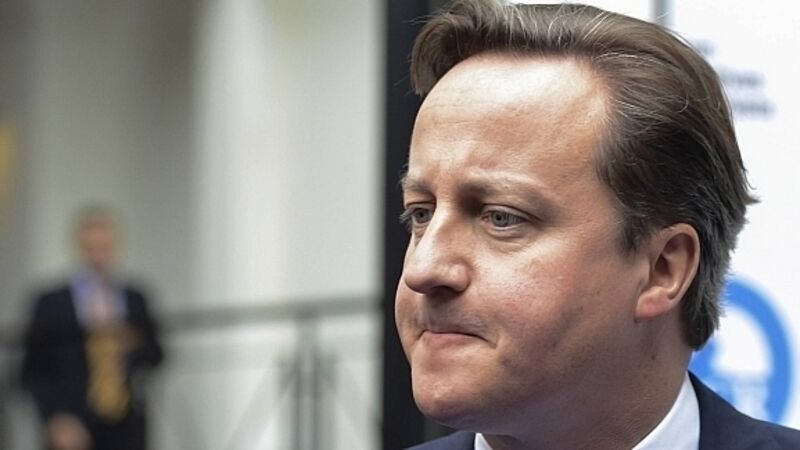Cameron casts doubt on ’federalist’ Juncker

IT IS ironic that Britain may depend on “the Luxembourg compromise”, first deployed to allay the fears of a petulant French president De Gaulle, to allow them some cover in their vendetta against Jean-Claude Juncker.
David Cameron’s actions have elevated the former Luxembourg prime minister from that of a cynical response from the EU’s biggest political family, the European Peoples Party of which Fine Gael is a member, to the near inevitable next president of the European Commission.
















